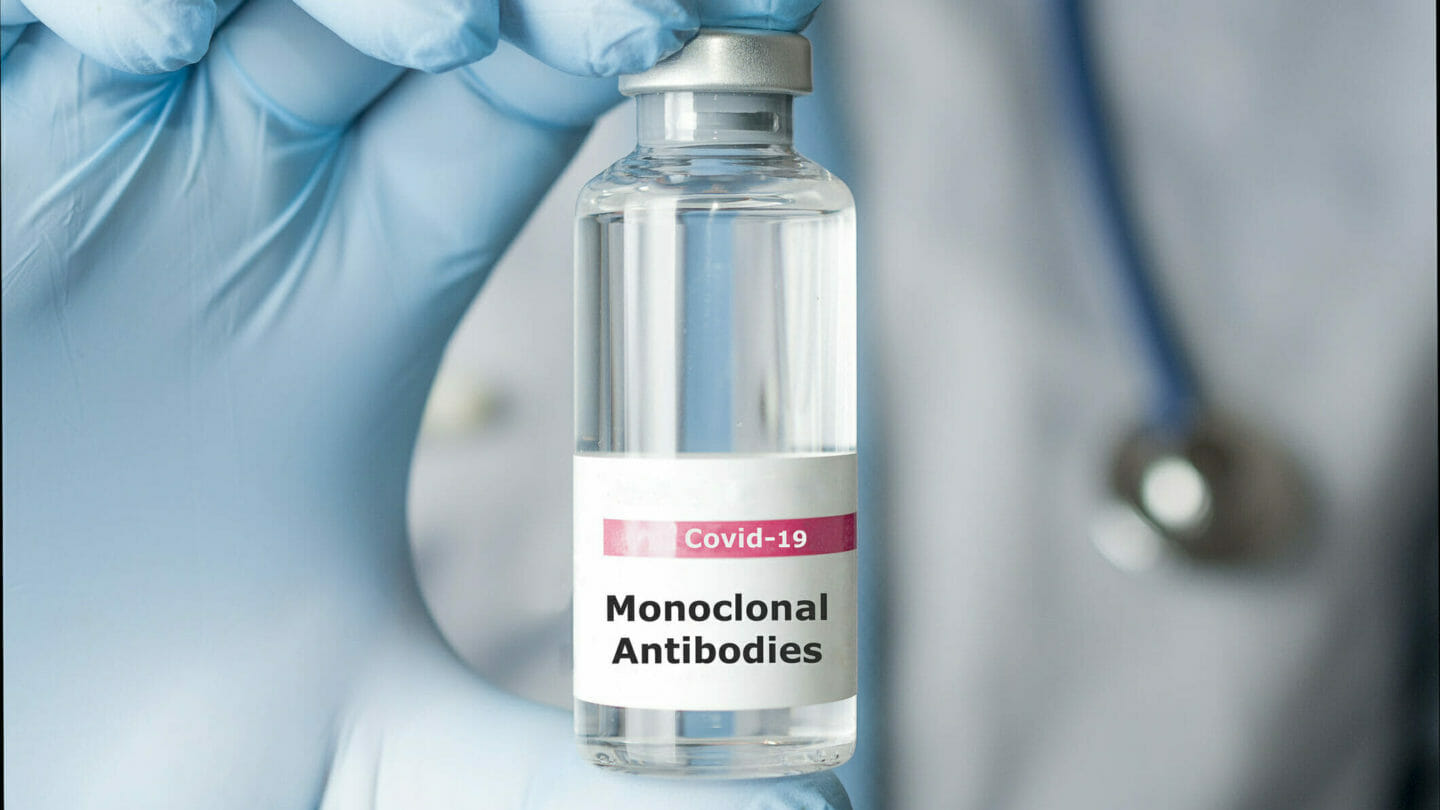
The Food and Drug Administration has authorized a new monoclonal antibody (mAB) treatment that is effective against the SARS-CoV-2 omicron variant.
Bebtelovimab is authorized for treatment of mild to moderate COVID-19 in patients aged 12 years and older who are at high risk of severe disease and who cannot take or do not have access to other approved and authorized treatments.
Patients taking the drug must weigh at least 4 kilograms or about 88 pounds and have had a positive COVID-19 test result.
The move comes amid a federal push to increase supply of omicron-targeting mABs, which block the virus’s ability to reproduce in the body. Former mainstays in this drug class have not proven effective against the omicron variant. For that reason, emergency use authorization was revoked in January for two of them. The sole authorized mAB proven to have efficacy against omicron in patients with early COVID-19, GlaxoSmithKline’s sotrovimab (brand name Xevudy), is in short supply.
Push for more monoclonal antibodies
Federal officials on Monday also announced that they are expanding the U.S. stockpile of Evusheld, another FDA-authorized mAB. But Evusheld, made by AstraZeneca, has relatively narrow authorization as a preventive drug in certain immunocompromised adult and pediatric patients.
In this limited landscape of COVID-19 mAB treatments, the new authorization of bebtelovimab answers the call for more tools to address newly emerging virus variants that continue to arise, officials said.
“Today’s action makes available another monoclonal antibody that shows activity against omicron, at a time when we are seeking to further increase supply,” said Patrizia Cavazzoni, M.D., director of the FDA’s Center for Drug Evaluation and Research.
Antiviral pill ramp-up
Meanwhile, supplies of two eagerly awaited antiviral pills, Paxlovid and molunupiravir, are slowly ramping up. And use of the antiviral Veklury (remdesivir), the only fully FDA-approved COVID-19 treatment, was recently extended to include non-hospitalized patients.




